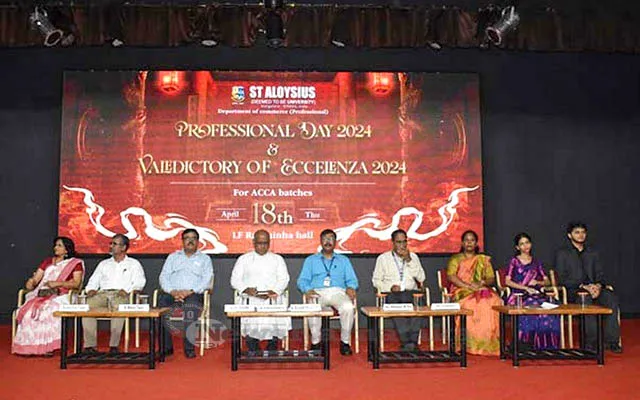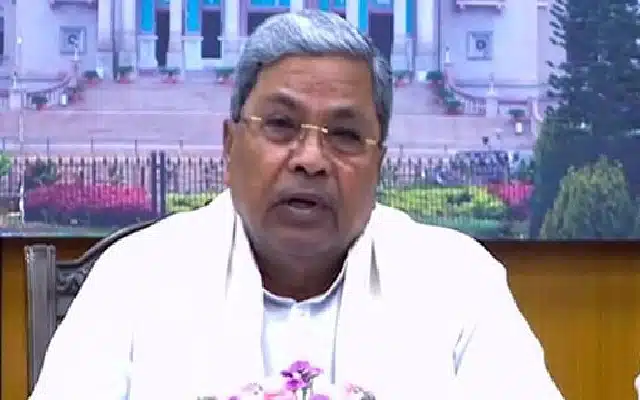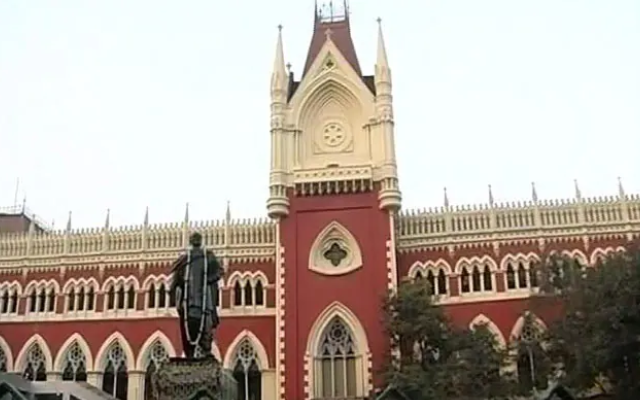By Sandhya S, NewsKarnataka -Bangalore
This is the story of old lakes decaying in the midst of the hustle bustle of a city imploding in its aspiration of infrastructural growth, opportunities and urbanization. This is the story of the dying lakes that were once a flourishing part of the ecological system. This is a story of fallout of Bengaluru’s rapid development that has scoffed the ecological sources of the city- ‘the lakes’.
A significant number of lakes have been destroyed to raise residential complexes, apartments or create playgrounds. Some lakes have turned into sewage dumping, garbage dumping and ground water mining. Lakes are an integral part of water conservation in a city that is today at stake.
If history is taken into account, Kempe Gowda had founded Bengaluru in the year 1537. Being a thoughtful planner, he had built more than 100 lakes keeping in mind the water insufficiency of the city as there are no rivers close by. While some of the prominent lakes that supplied water to the city were Agara Lake, Kempambudhi Lake, Sampangi Lake and the largest of all the Dharmanbudhi Lake that has now changed to Kempegowda Bus Station.
Certainly the bus station is the most crucial and important means of transportation for the city and acts as a lifeline for the growing urban development, but the lake on the other hand acts as a lifeline for the survival of the mankind itself.
The detracting factors claiming to urbanization since 1960 have seen the death of many such lakes. The absence of these lakes have caused environmental problems, rise in temperature, loss of vegetation and greenery and the Flora and Fauna of the city is lost.




In such a grim scenario, there is a ray of hope in the form of United Way of Bengaluru (UWBe) which through hope and action has literally restored the lakes from a wasteland to a green and clean public space under its campaign ‘Wake the Lake’.
The Kaikondrahalli Lake and Uttarahalli Lake have been restored under the campaign by the UWBe with the co-opreation of Bruhat Bengaluru Mahanagara Palike (BBMP).There are many more on-going projects under the campaign that have been striving to make the society environmental friendly.
It is learnt that Bengaluru does not have a natural source of perennial water. Hence, in the sixteenth century, lakes were constructed in a cascading series by building dams and overflowing weirs on the natural valley systems. Thus, the lakes have been the main source of water for the citizens of Bengaluru.
Most of the lakes are used for the purpose of drinking water, irrigation and fishing. The lakes have also served to replenish ground water resources in the vicinity, which are tapped through wells for drinking water.
According to a study by the Centre for Ecological Sciences and the Indian Institute of Science, Bengaluru had 262 wetlands in 1962, and by 2007, these had already declined by 58% which is drastically more than half, in such the spirit of UWBe’s which focuses on rejuvenating dying lakes is truly commendable. It is also known that the water bodies of the city have reduced from 3.40% in 1973 to just about 1.47% in 2005 with built-up area during the corresponding period increasing to 45.19% from 27.30%
As per the report of a Committee appointed by the Karnataka High Court for the Preservation of Lakes in the City of Bengaluru in 2011, there were 189 lakes in the city as on February 2011. The lakes are segregated in which, 129 are with BBMP, 44 with BDA, 11 with LDA and 5 with KFD.
Varying reports from independent researchers and media reports have surveyed that summon that this figures down the existence of only 60 to 80 lakes currently surviving in the city.
The committee report states that the rapid expansion of Bengaluru from a metro to a mega city has had the worst impact on lakes, due to the rampant misuse are threatening the water security and ecology of the region.

Speaking to NewsKarnataka, Suresh Nair, the Executive Director of United Way of Bengaluru, said “Comparatively Indians are not community conscious and we at UWBe aim to empower the community. The campaign endeavors to create an association between the corporate sectors, the government and the communities so that all-three together can work towards the betterment of the society.”
“The ‘Wake the Lake’ campaign is not an ethical issue but a matter of survival, we will turn up to a dessert if step are not taken at the earliest. Water is a crucial aspect of life, and thankfully the government has been supportive with the campaign”, he added.
With regards to the regulations of the campaign Suresh Nair said that templates are created which implies a scoreboard that is oriented towards every lake, the scoreboard rates the elements of the lake that are needed to be fulfilled.
Moreover he also said that people should not depend on the government to make changes but community wise collective efforts can bring changes. We must volunteer in the campaign and do as much as possible at least in our respective areas”, he says.
As a result Kaikondanahalli Lake and Uttarahalli Lake has retained its water sustainability showing the sign of lake rejuvenation in Bengaluru. Ulsoor Lake, Agara Lake, Varthur Lake and many more have been rejuvenated and maintained under the campaign.
Nair also appealed to the society to jJoin the ‘Wake the Lake’ campaign and make a difference in their respective areas.


















